Ten of Zen: Part II
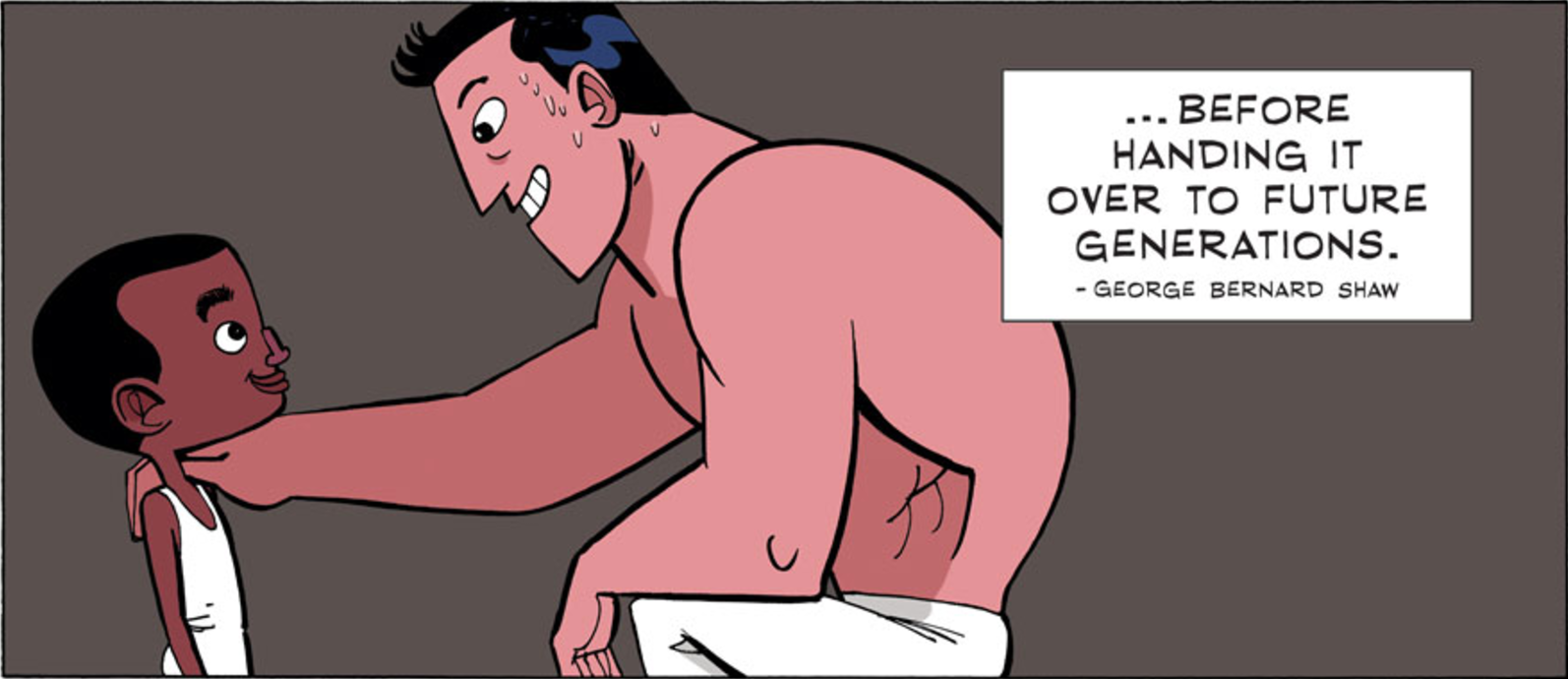
For an introduction to Zen Pencils and Part I of this two-part series, check out Ten of Zen Part I: ‘Science and the cosmic perspective’. Without further ado, here’s Ten of Zen Part II: ‘Responsibility and the individual perspective’:
6. Jane Goodall’s ‘The Power of One’
Fifty-six years ago, Dr Goodall made what palaeontologist Stephen Jay Gould described as “one of the great achievements of 20th-century scholarship”. While strolling through the Gombe in Tanzania, she witnessed a creature, other than a human, in the act not just of using a tool, but of making one. Goodall is a primatologist, not a climatologist, but in getting us to reflect on ourselves as a species, she has—in her own unique way—contributed to our understanding of human-induced climate change.
7. George Bernard Shaw’s ‘A Heroic Life’
Shaw, the prolific playwright, remains the only person to have received both a Nobel prize (for Literature) and an Academy Award (for Adapted Screenplay). He once famously quipped, “we are made wise not by the recollection of our past, but by the responsibility for our future”. He also said:
8. Winston Churchill’s ‘Never Yield to Force’
After reading Naomi Oreskes and Neil Conway’s Merchants of Doubt: How a Handful of Scientists Obscured the Truth on Issues from Tobacco Smoke to Global Warming, I came to realise the extent of climate denial in the U.S and their ‘tool of engagement’: doubt. Simple, yet incredibly effective, especially when funded by the biggest industry in human history—the fossil fuel industry. As irony would have it, it was actually Winston Churchill’s inspired decision to convert the Royal Navy from Welsh coal to Middle-Eastern oil in 1914, that kickstarted the fossil fuel industry’s indomitable advance. 
Note: While acknowledging that fossil fuels have made many of us exceptionally prosperous, its industry’s vested interests are threatening to leave future generations exceptionally poor: here, here, here, here and here.
9. The UN’s ‘Universal Declaration of Human Rights’
Does “everyone” and “others” include future generations?
10. Rachel Carson’s ‘Wonder & Excitement’
In 1962, Carson’s book A Silent Spring—concerning the unintended consequences of pesticides—pushed environmentalism into the mainstream. Even President J.F.K stood up and took notice. More recently, some pundits have gone as far to suggest that the establishment of the U.S. Environmental Protection Agency in 1970 was a direct descendent of her book. Unfortunately, Carson passed away shortly after the book’s release, unaware of its transformative trajectory.
Jane Goodall is not quite a Carl Sagan finale, but she’ll do!





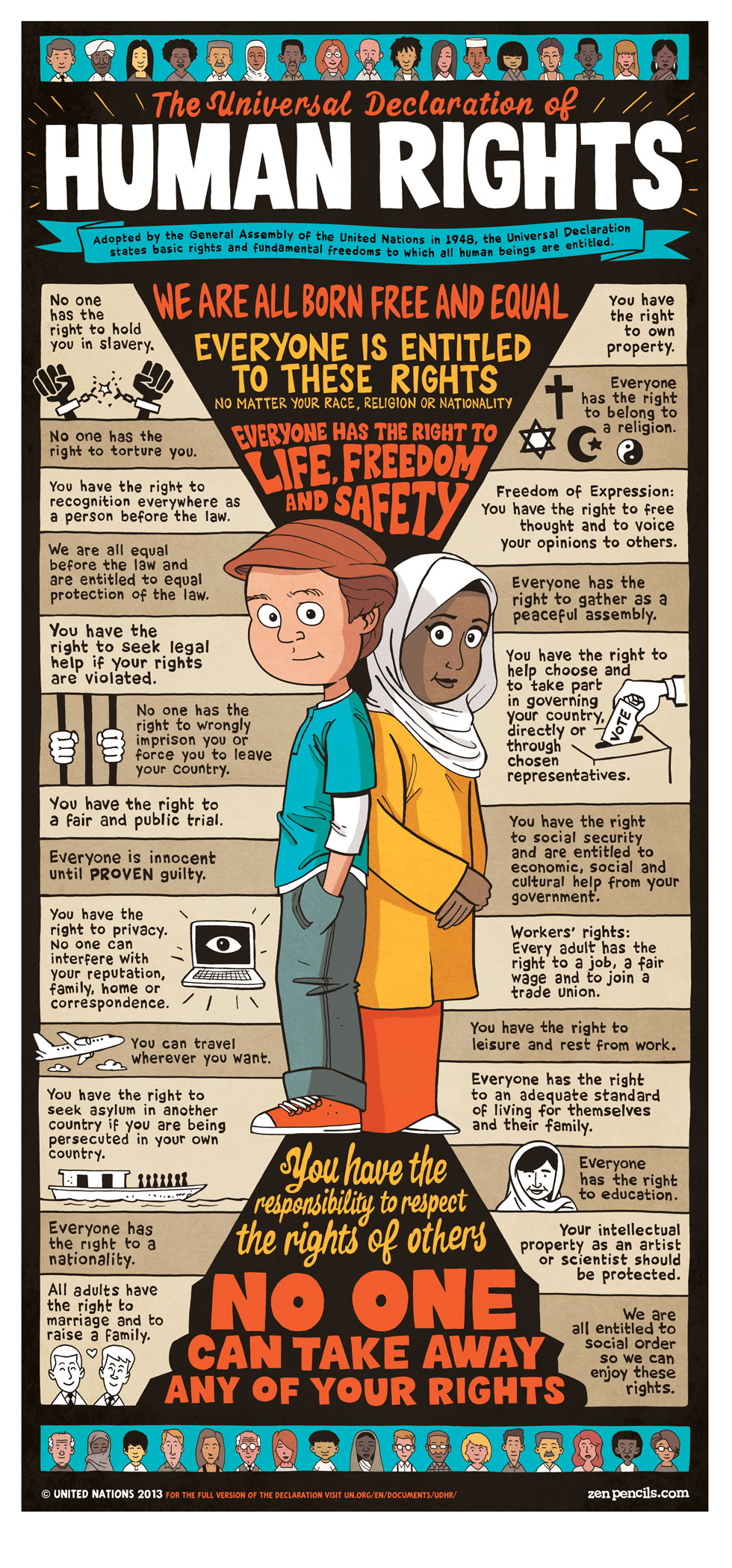


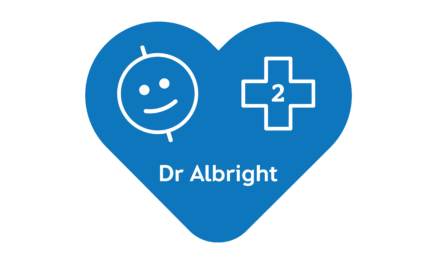
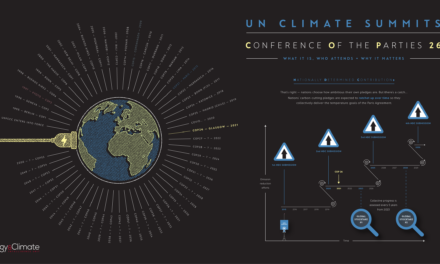
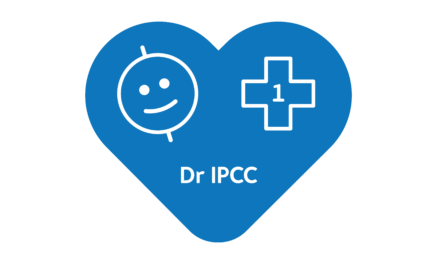

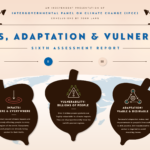
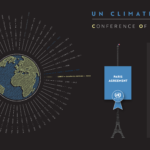
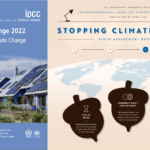
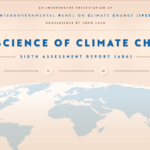
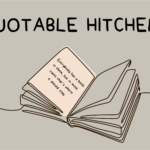
Wow! Humorous ,insightful and a whole lot of heart.
Thanks a lot Candice, it was good fun compiling. Might have to be a round three in a year or two!
Thanks, great article.